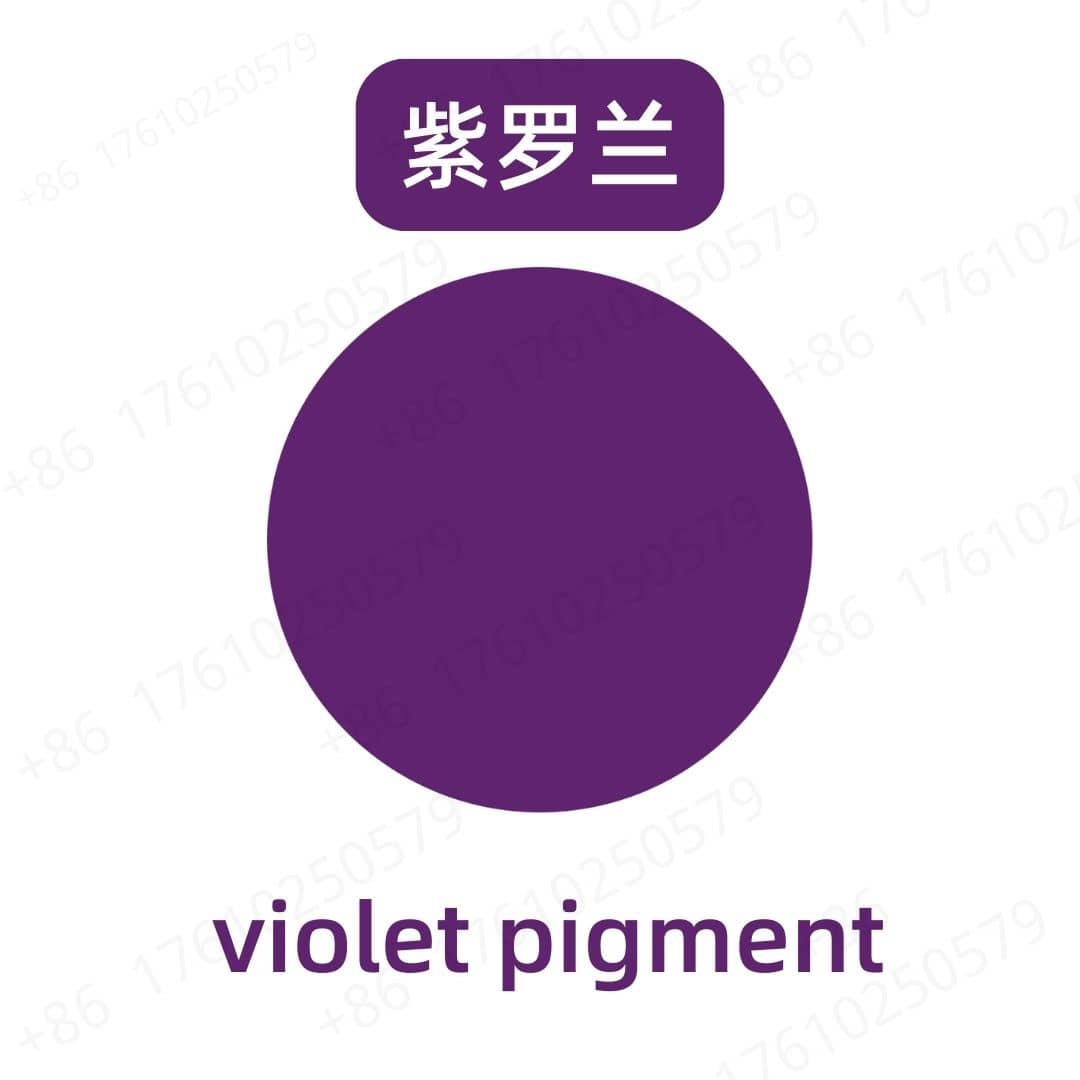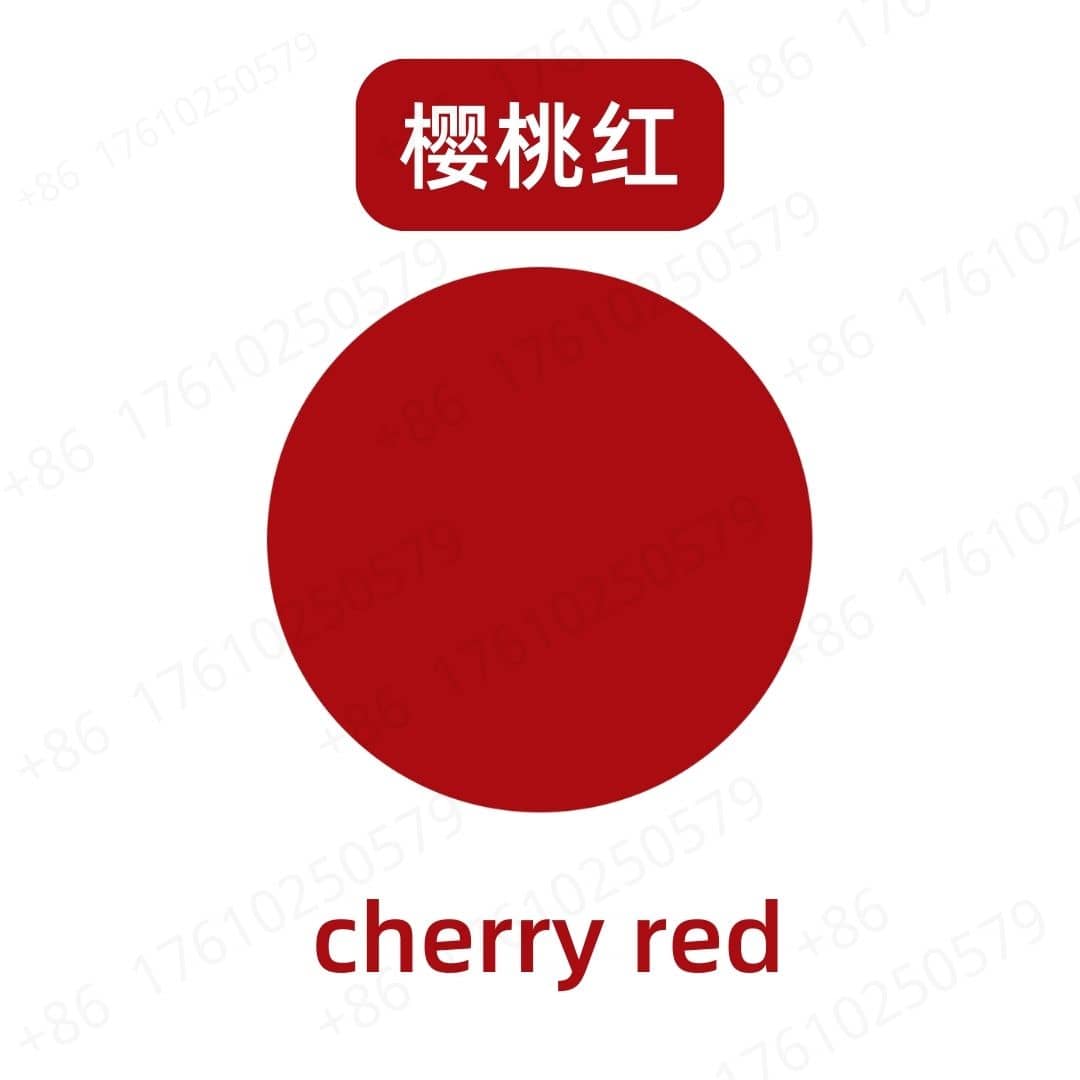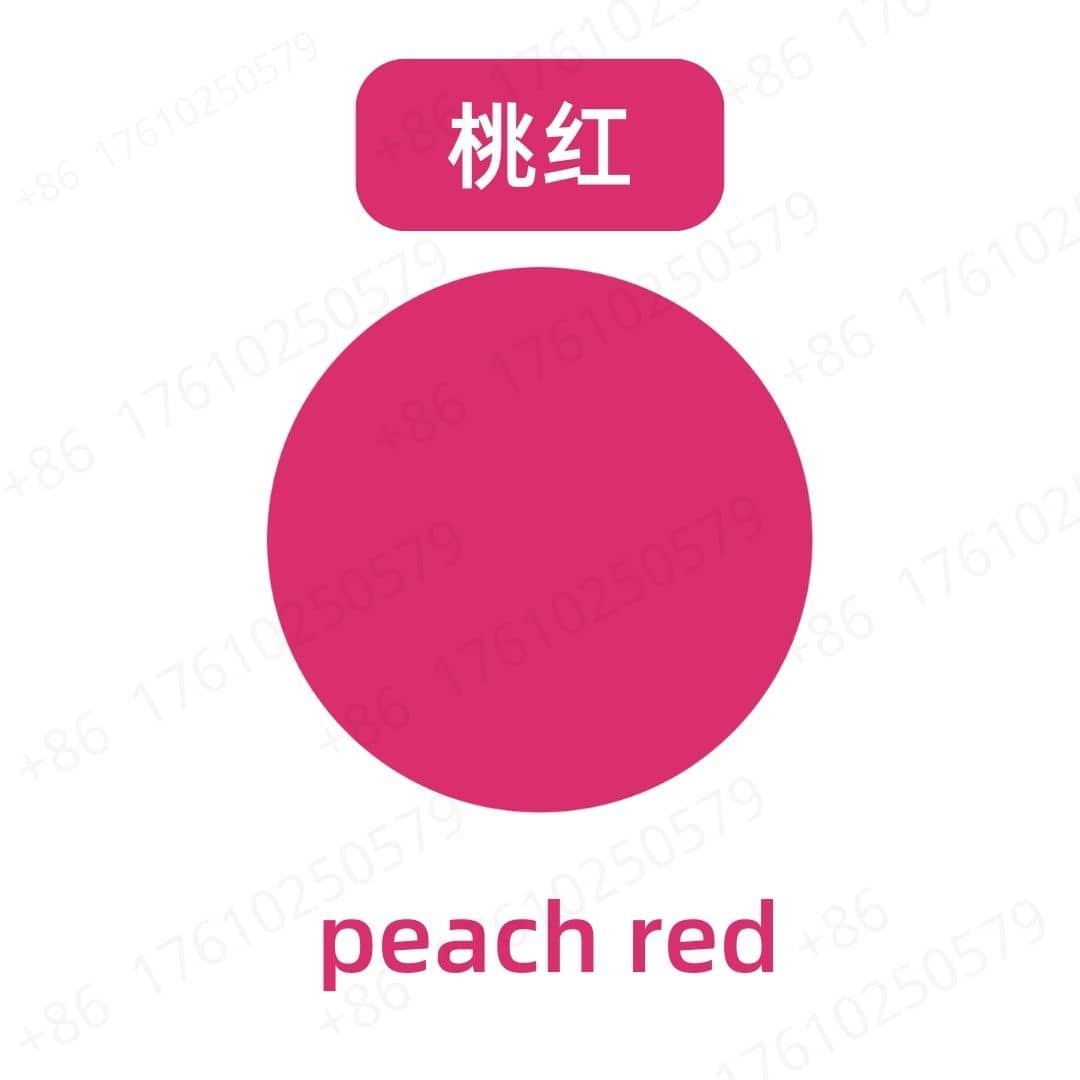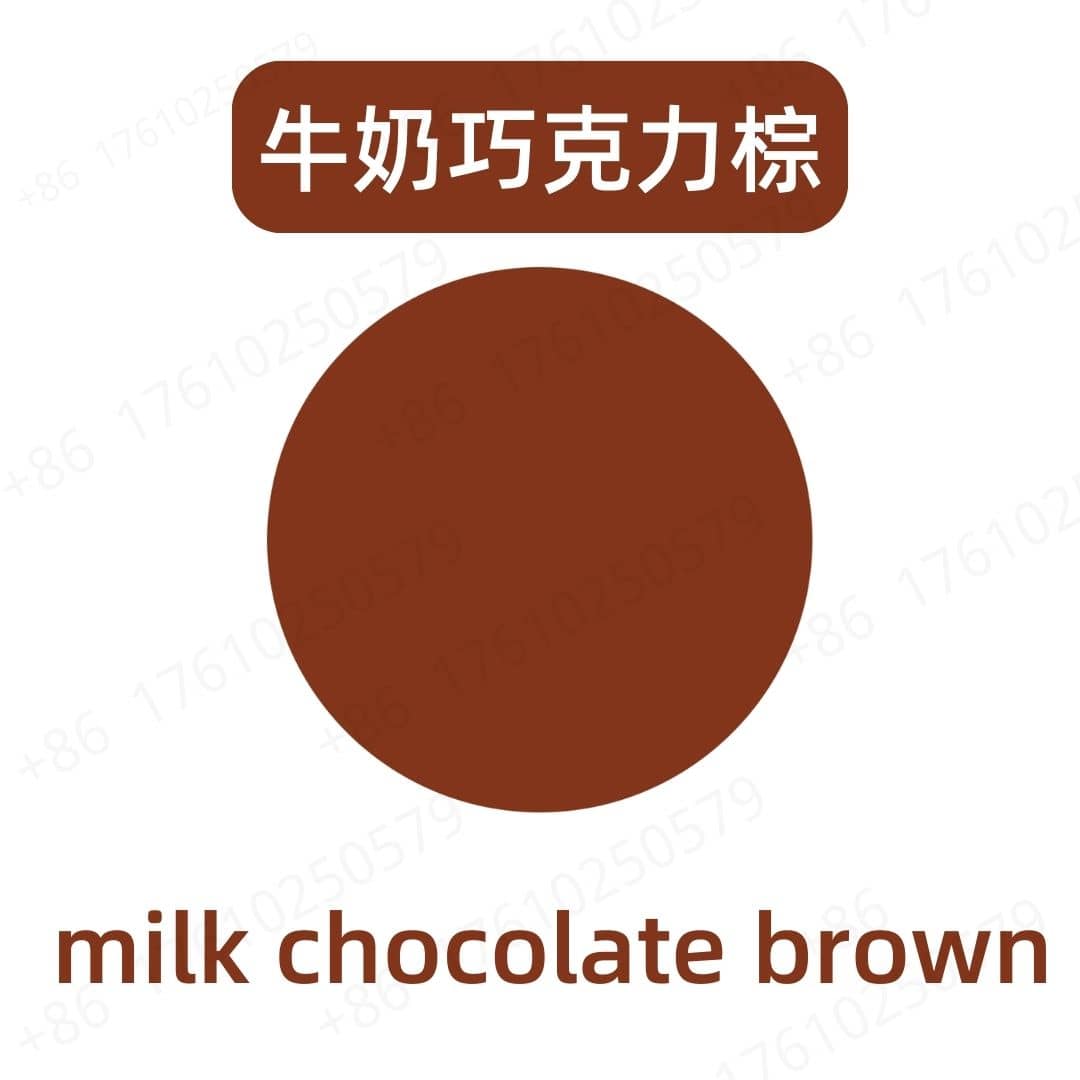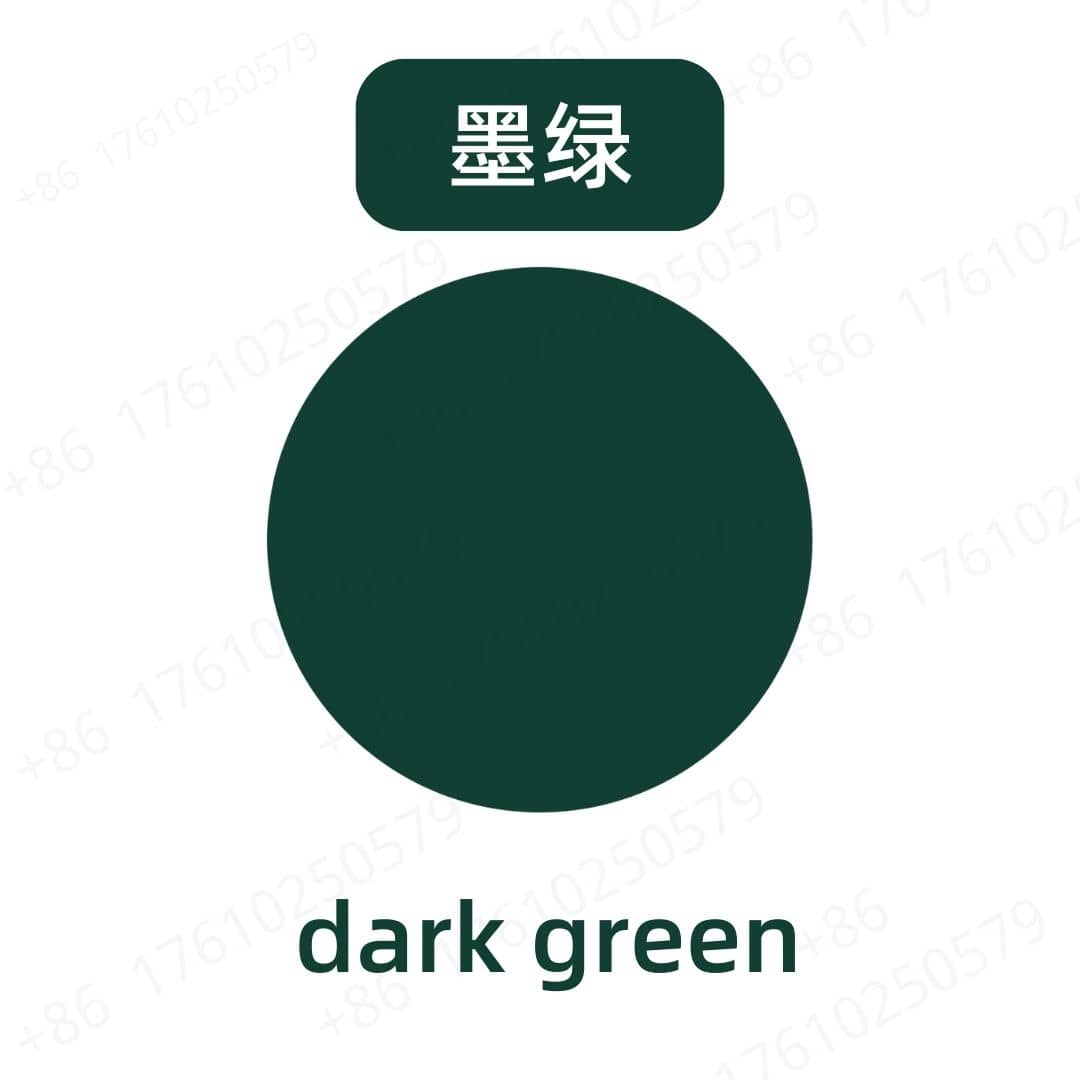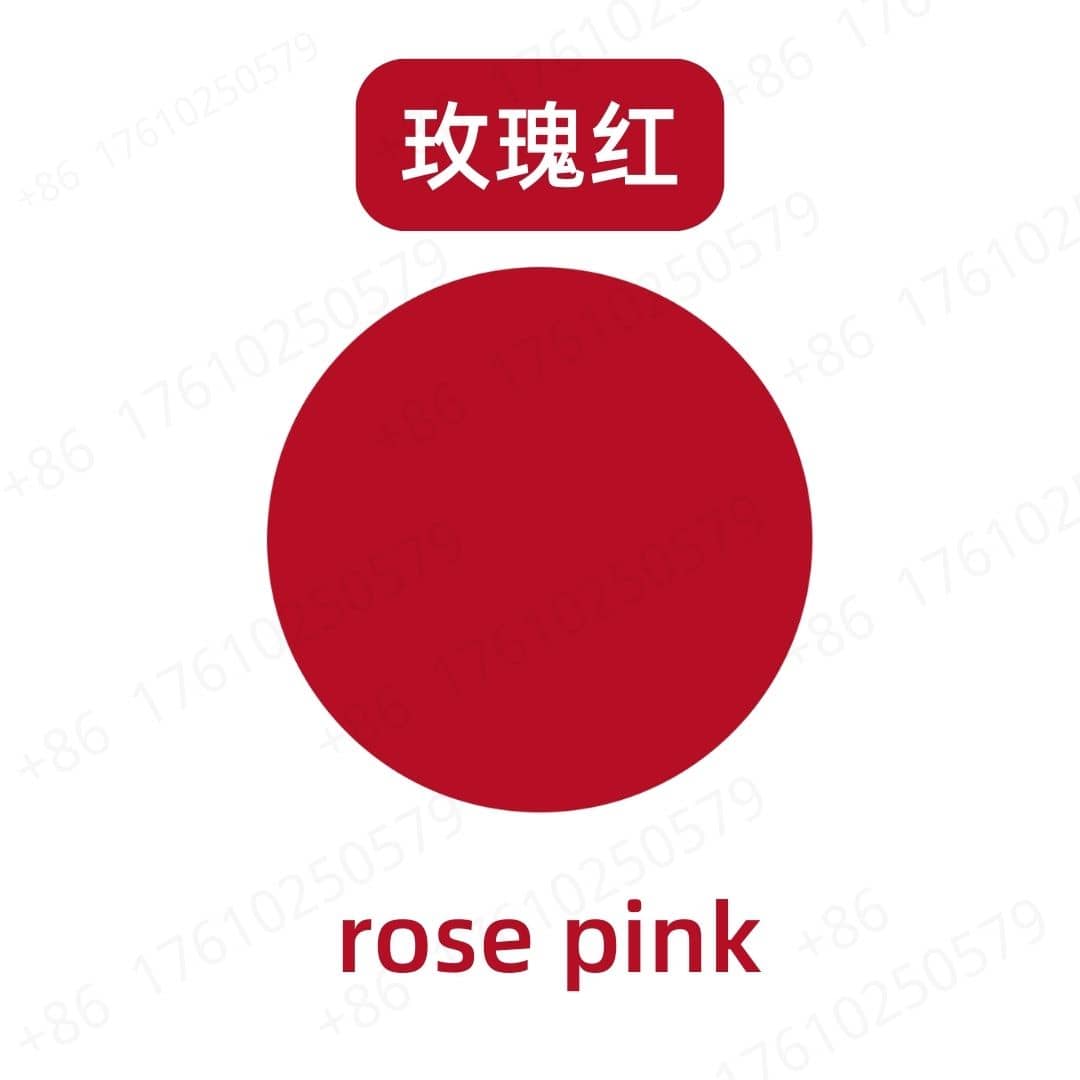Product Introduction
Taro purple pigment, obtained from the taro root, provides a vibrant deep purple hue. This natural colorant is favored in various industries due to its appealing aesthetic and potential health benefits. It is a water-soluble pigment that can be incorporated into numerous applications while adhering to food safety standards. The natural origin of this pigment makes it a suitable choice for consumers looking for alternatives to synthetic dyes.
Production Process
The production of taro purple pigment begins with the selection of high-quality taro roots, which are thoroughly washed to remove dirt and impurities. The roots are then steamed or boiled to release their pigments. After cooling, the pigment is extracted using water, followed by filtration to separate the liquid from solid residues. The extract is then concentrated through evaporation and dried to obtain the final powdered form. This process preserves the color and ensures a consistent product without synthetic additives.
Application Scenarios
Taro purple pigment is versatile, finding use in a variety of sectors. In the food industry, it can be added to beverages, desserts, and confectioneries to enhance visual appeal, while in the culinary field, it can be used in sauces and marinades. The cosmetic industry also utilizes this pigment in products like lipsticks, eyeshadows, and skincare items. Additionally, it serves as a natural dye in textiles, demonstrating its multifunctionality.
Packaging and Storage
Storage Conditions: Store in a sealed, light-proof container, away from high temperatures, in a dry, cool, and well-ventilated place.
Packaging: Bulk: 25kg/fiber drum; Sample: 1kg/aluminum foil bag; Custom packaging available upon request.
Shipping Methods: FedEx, DHL, dedicated logistics, and sea freight consolidation.
Shelf Life: Two years
Monica Sun possesses extensive technical expertise and market insights in the food additives industry. She excels in designing efficient and safe additive formulations tailored to various food applications, ranging from sweeteners to functional dietary fibers. Monica has successfully assisted food manufacturers in optimizing ingredient combinations to enhance product quality and improve consumer satisfaction.









